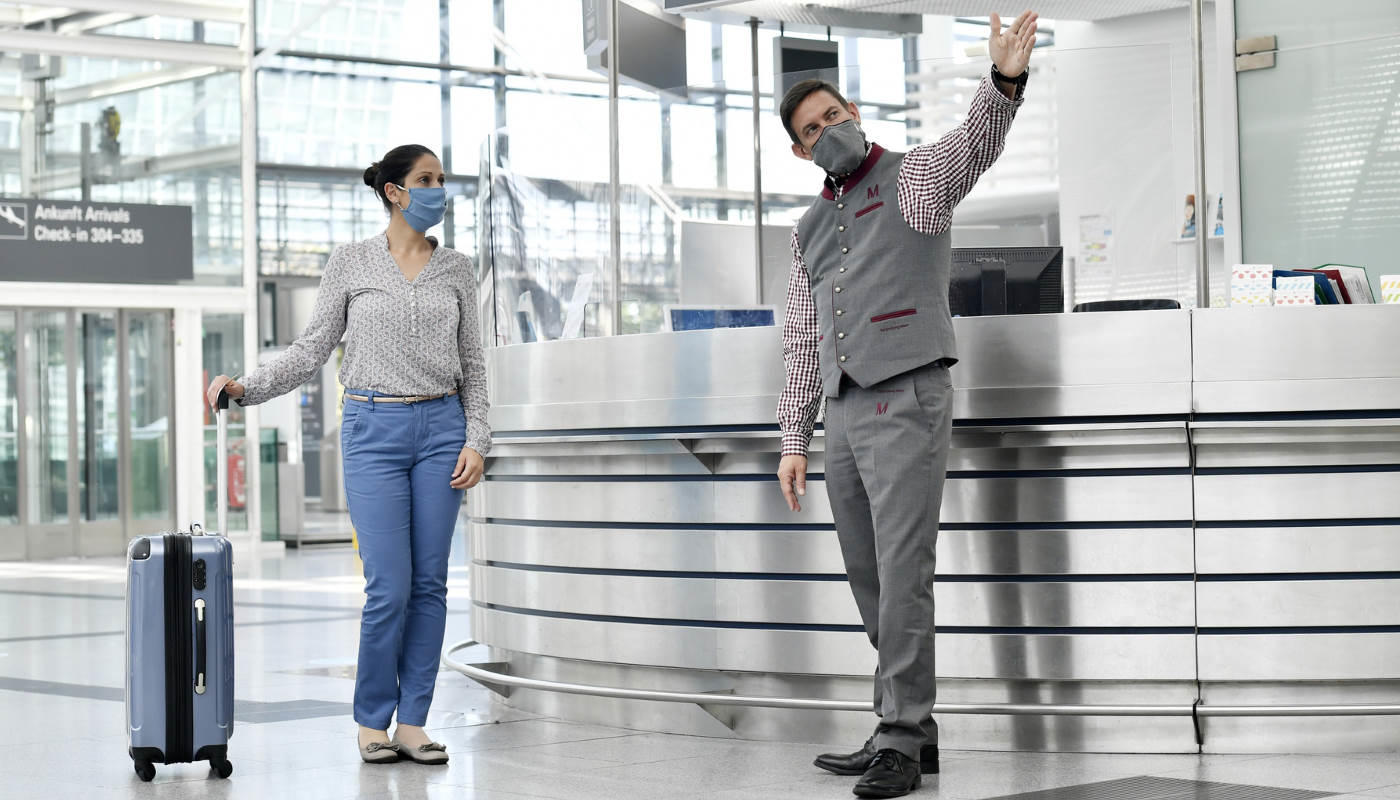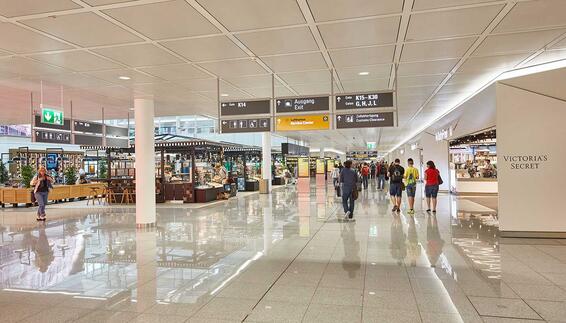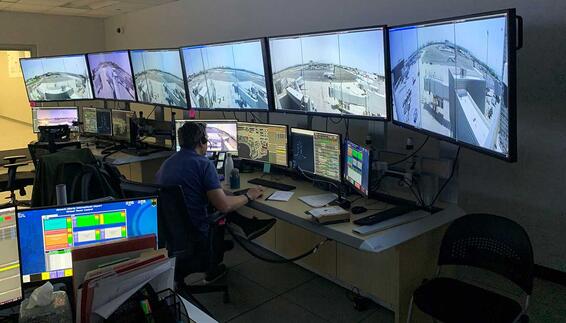January 20, 2021
Travel restrictions have had a drastic effect on traffic development at Munich Airport. From January to September, the passenger volume in Munich fell by around 27 million to a little more than ten million, nearly 73 percent lower than the previous year. But what exactly does this mean for the overall terminal and passenger management? Ulrike Reddel, Head of Terminal and Passenger Services at Munich Airport, kindly answered a few questions.
The last few months have been shaped by the global effects of the corona pandemic. As Head of Terminal and Passenger Services, how do you experience these difficult times?
During the first few weeks it seemed as if corona would not really reach Munich – at least it felt that way. I believe that many people thought this crisis would bypass Germany and that we could continue with our day-to-day business as usual. But this impression and our daily work (and private life) changed very quickly. Processes and terminal layouts had to be adjusted, airlines had to be informed and staff had to adapt to the new regulations – all in a very short period of time.









